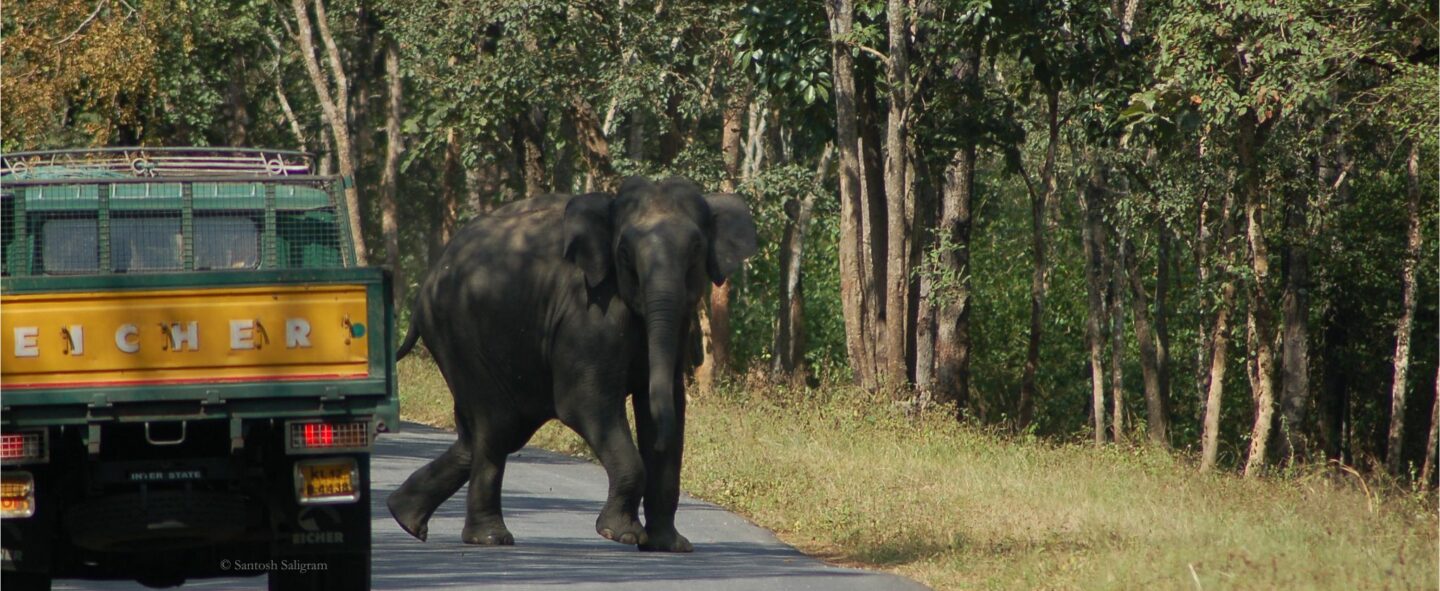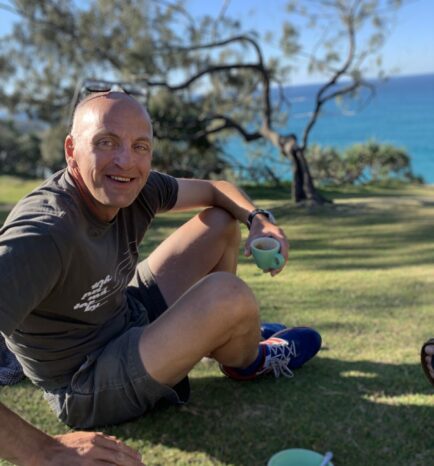
Dr. Lena Robra
Investing in biological diversity on Earth
for human and more-than-human life
“As we become more digital in our habits, other life forms become more remote from us. We scarcely notice them. Consider: there is no way for a wild animal to communicate with us online. We need to build new digital platforms, with new business models in order that a multitude of species can be better represented, can call for help, and can demonstrate more completely to us their way of being.”
– Jonathan Ledgard, Founder, Interspecies Money
In his singularly original, ‘The Spell of the Sensuous: Perception and Language in a More-Than-Human World’, David Abram coined the phrase ‘the more-than-human world’. Referring to the natural world as ‘nonhuman’ perhaps assumes an estrangement, establishing the world – the Earth – as only a backdrop to the ever-increasing invasive human life and growth on our planet.
It is with this shift in perspective that we position the extinction of millions of species of fauna and flora. At this unchecked rate, ironically, human life itself is at stake as an inevitable consequence. Biodiversity loss and degradation are often overshadowed by climate change conversations. They also seem to wane away with the immediacy of everyday human world details such as economic development and geopolitics taking over our investment of attention and resources.
Interspecies Money is a movement conceptualised by writer and technologist, Jonathan Ledgard. Atria University and Swissnex in India, Consulate General of Switzerland are looking to experiment with the movement to create a centre of excellence – a technology and physical platform. This centre will be collaborating with institutions, communities and individuals to look at Interspecies Money as a pressing priority. This combined effort will enable us for informed intervention, seeking help for resources and even course-correct this journey by communicating success stories.
Swissnex and Atria University, under the guidance of Ledgard and in collaboration with his larger Interspecies Money Group, will develop tools that will enable us, the various actors, to massively amplify the potential of saving species.
India is well chosen to seed this approach. With rich biodiversity, and at least 5,000 endemic plant species and 92,000 species of animals and other fauna, wetlands, mountains, deserts, and ocean, India is one of the 17 megadiverse nations on Earth. India’s wealth in nature is combined with the strength of its economy and fast growing digital ecosystem: it is time to connect the two, ambitiously, ethically, in order to create a great regenerative engine.
The initial focus areas would be forest degradation and fragmentation – owing to increasing land encroachment for agriculture – and human-elephant conflict. The tech platform will be open source and can be adapted across the world to suit their requirements in protecting the biodiversity of their environments. It will not just include land-based but also ocean-based interventions.
We cannot emphasise enough on the criticality of resource allocation – financial, technical and operational – for the success of this movement. The launch of our project is scheduled for the 29th of July at the Interspecies Money Symposium. We hope to see you in Bengaluru and take this conversation further!
Bio
Jonathan Ledgard
Founder, Interspecies Money Group
Jonathan is a leading thinker on risk, nature and advanced technology in emerging economies. As a director at the Swiss Federal Institute of Technology in Lausanne, he led several futuristic initiatives, notably the invention of drone delivery of blood and medicines and its successful introduction into Africa. As “J.M. Ledgard”, he is an acclaimed literary novelist. His first novel, Giraffe, is a cult novel for animal rights activists. His second, Submergence, was New York Times Book of Year and adapted for Hollywood by Wim Wenders. Separately, he was also longtime award-winning foreign and war correspondent for The Economist, reporting lead stories from 50+ countries and many wars.
Dr. Lena Robra

